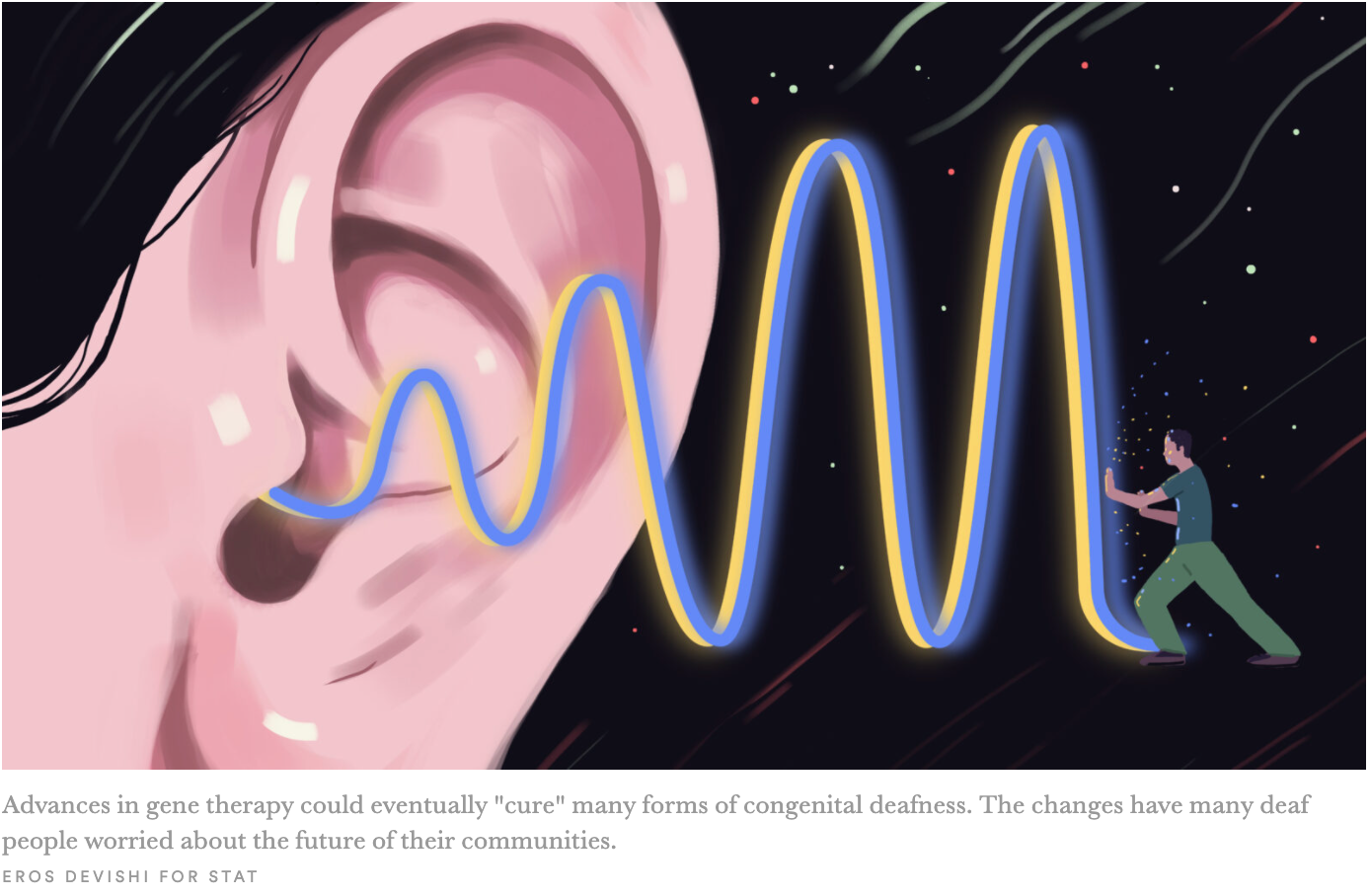Telehealth
Catching up with CVS Health's Sree Chaguturu
As large-scale bids for virtual care fizzle — Optum and Walmart both shuttered their telehealth operations last month — major public companies are wrestling with telehealth's viability as a sustainable business. I recently asked CVS Health's chief medical officer Sree Chaguturu, who's also a board chair at the American Telemedicine Association, what he thinks of the string of high-profile closures.
"It's about making sure we target it to the right clinical use cases," he said. "There's going to be times when [telehealth] is not the right answer.
Synchronous visits, when the clinician and patient are online on a video call or texting at the same time, took off during the pandemic. But now they're drifting toward asynchronous communication across multiple modalities, he said. There's also potential for big box businesses to expand telehealth consultations between doctors and specialists, saving patients a trip to a different provider, he said.
Also, CVS is reportedly searching for a private equity fund to support growth at its telehealth and brick-and-mortar primary care property Oak Street Health. CVS has not confirmed that report.
biotech
Gene therapies for deafness heighten fears of a shrinking community

Scientists are celebrating gene therapy advances that could permanently reverse deafness. But for some deaf people, they trigger an existential dread: If deafness can be cured, what happens to their communities and cultural identity? STAT's Timmy Broderick examines those and other questions about individual choice and unintended consequences in their latest piece.
There aren't easy answers. "For the signing and deaf community to continue to exist, we need to have a critical mass of people," said Teresa Blankmeyer Burke, a deaf philosophy professor at Gallaudet University, a college for deaf and hard of hearing people, through an interpreter. "What happens if the number of deaf people dwindles to a low enough point? What is the impact of that technology, then?" Read more.
Health equity
How captions on video calls could improve health
Captions might be widely available on streaming sites and social media. But they're not common in telehealth visits — a gap that has a disproportionate impact on people with hearing loss, write hearing loss community members Zina Jawadi, Alexander Chern and Stephen McInturff in a STAT First Opinion.
One friend, they write, spent more than an hour struggling to communicate over video chat with a doctor who was in a noisy area and wore a mask; there wasn't a captioning or chat function. "Access to effective communication, including captioning, is a legal right for people with hearing loss," they write — despite misconceptions that captioning could violate the federal privacy law HIPAA. More here.


No comments